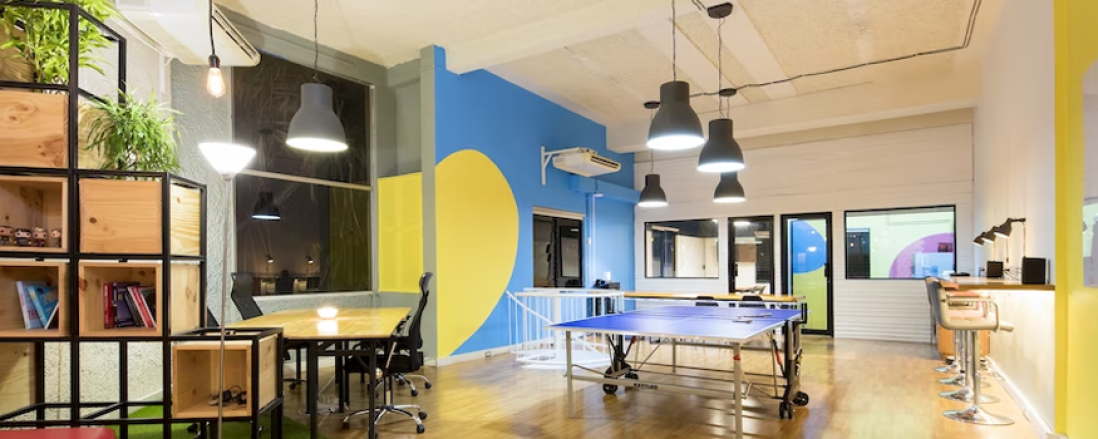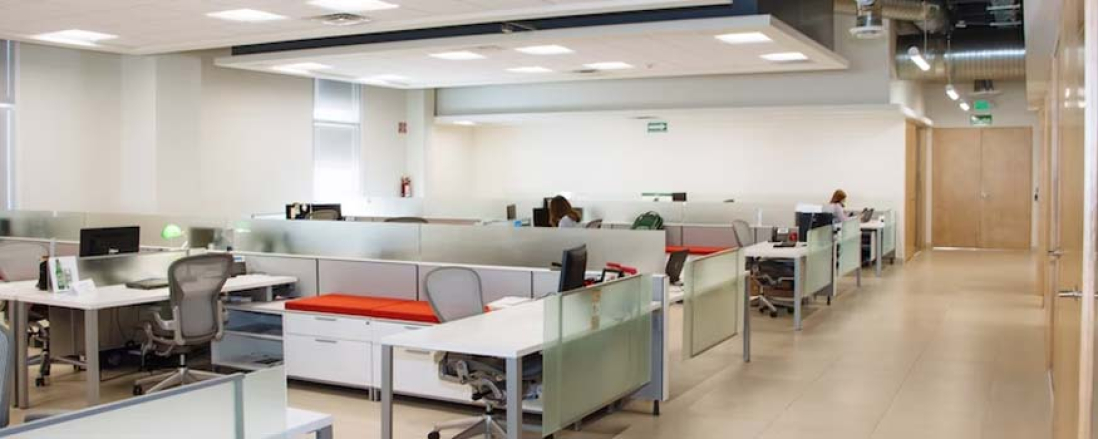544/566 Mari Mata Mandir Balaganj Lucknow - 226003
In fact, the client should be able to “just turn the key.” The supplier of a turnkey project is called the general contractor or main supplier or main contractor. In other terms the turnkey project are called as turn-key solution, turn-key delivery, or ready-to-use.
What is Turnkey Business?
A company with a business model that has already been set. Most of the franchises operate in this way. For example, if one wishes to open a franchise, everything from the products to the uniforms are already been determined. One only needs to put up the appropriate capital and start the business.
What is Turnkey Construction?
Turnkey construction is a building solution that drastically simplifies things for the owner of the project. With this type of project, the contractor is given the responsibility from designing to construction of the Building or facility. The owner must only wait for the contractor get the job done, and then when the project is finished, the client is able to “turn the key” and start using the new building or facility.
These types of contracts have three primary components:
- Design: The contractor is responsible for preparing the design of the Building or facility, which eliminates the need for the future owner to hire architects and designers independently.
- Supply Procurement: Instead of the project owner or main contractor locating and purchasing supplies, the contractor handles this through his own network of suppliers. Depending on the type of turnkey contract, the future owner may be able to specify suppliers and materials.
- Construction: The contractor or the firm handles every aspect of construction, from start to finish. This way, the owner doesn’t need to spend time searching for subcontractors and hire them, nor do they have to take part in the construction itself until it is completed. Once the building construction is done, the keys are handed over to the new owner and he can start using the building.
The advantage to turnkey construction over other types of contracts is that the main contractors who are strapped for time won’t have to take an active role in the design, supply purchasing, and construction phases. Project owners or employers need only provide access to the site, help with the procurement of licenses and permits, and approve phases of the project as stipulated by the contract.
The term turn-key project describes a project in which the supplier or provider is responsible to the client for the entire result of the project and presents it to the client completely finished and ready to use.
In fact, the client should be able to “just turn the key.” The supplier of a turnkey project is called the general contractor or main supplier or main contractor. In other terms the turnkey project are called as turn-key solution, turn-key delivery, or ready-to-use.
What is Turnkey Business?
A company with a business model that has already been set. Most of the franchises operate in this way. For example, if one wishes to open a franchise, everything from the products to the uniforms are already been determined. One only needs to put up the appropriate capital and start the business.
What is Turnkey Construction?
Turnkey construction is a building solution that drastically simplifies things for the owner of the project. With this type of project, the contractor is given the responsibility from designing to construction of the Building or facility. The owner must only wait for the contractor get the job done, and then when the project is finished, the client is able to “turn the key” and start using the new building or facility.
These types of contracts have three primary components:
- Design: The contractor is responsible for preparing the design of the Building or facility, which eliminates the need for the future owner to hire architects and designers independently.
- Supply Procurement: Instead of the project owner or main contractor locating and purchasing supplies, the contractor handles this through his own network of suppliers. Depending on the type of turnkey contract, the future owner may be able to specify suppliers and materials.
- Construction: The contractor or the firm handles every aspect of construction, from start to finish. This way, the owner doesn’t need to spend time searching for subcontractors and hire them, nor do they have to take part in the construction itself until it is completed. Once the building construction is done, the keys are handed over to the new owner and he can start using the building.
The advantage to turnkey construction over other types of contracts is that the main contractors who are strapped for time won’t have to take an active role in the design, supply purchasing and construction phases. Project owners or employers need only provide access to the site, help with the procurement of licenses and permits, and approve phases of the project as stipulated by the contract.
.png)


